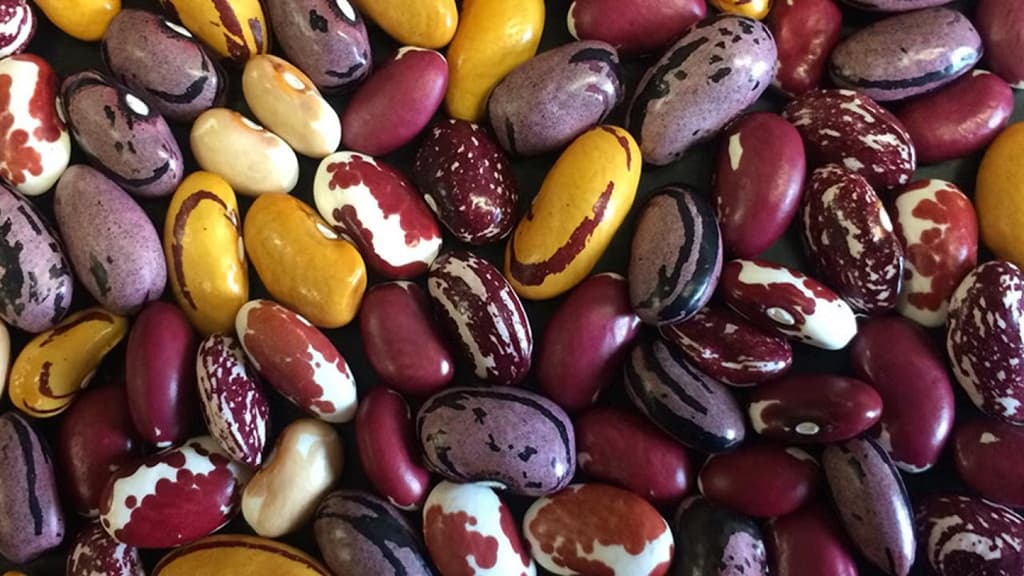VIRIDIS Array
Operation F.A.B.A. Overview
Technologarchs across the land of milk and honey are acquiring farmland at record-breaking numbers. if they are our only source of food, we will have to submit or starve. Food Sovereignty and self-reliance is the foundation of the Weave.
Operation F.A.B.A. (Feed All Benefit All) is a community-driven initiative aiming to destigmatize food distribution outside the money economy. By integrating abundant local food production with pile-nomic cluster distribution, we can quickly transition to a post-scarcity food eco-conomy.
Key crop species, retrieved from the 2222 Ecoharmonic timeline by astrobotanist Verdant Starlight, can be reintroduced to Earth and planted in community spaces. These FUTURE SEEDS have been perfected by Viridis researchers to achieve optimal nutrient levels. Beta Resistance Operatives will work with local farmers, churches, homeowners, and volunteer squirrels, to get seeds in the ground.These seeds originate from 3 primary crop families, which have been cultivated by humanity for centuries:

Fabaceae
🡵Legumes
The Fabaceae family, also known as legumes, includes lentils, beans, and peas. These nitrogen-fixing plants are essential for soil health and provide high-protein food sources. They form symbiotic relationships with bacteria to enrich the soil naturally.
- Lentils - Fast-growing, protein-rich pulse crop
- Common Beans - Versatile and high in fiber
- Tepary Beans - Drought-resistant desert legume

Brassicaceae
🡵Greens
The Brassica family includes nutritious greens like kale, broccoli, and cabbage. These hardy plants are rich in vitamins and minerals, and many varieties can be grown year-round. They're particularly valuable for their high nutritional density and adaptability to various growing conditions.
- Broccoli - High in vitamin C and sulforaphane
- Kale - Nutrient-dense superfood
- Collard Greens - Calcium-rich and heat-tolerant

Cucurbitaceae
🡵Squash and Melons
The Cucurbitaceae family includes squash, melons, and cucumbers. These versatile plants are known for their high water content and nutrient-rich fruits. They're perfect for sustainable agriculture due to their efficient water use and ability to provide both food and shade for companion plants.
- Kabocha Squash - High in beta-carotene and vitamin C
- Acorn Squash - Excellent source of potassium and fiber
- Butternut Squash - Rich in vitamin A and antioxidants
